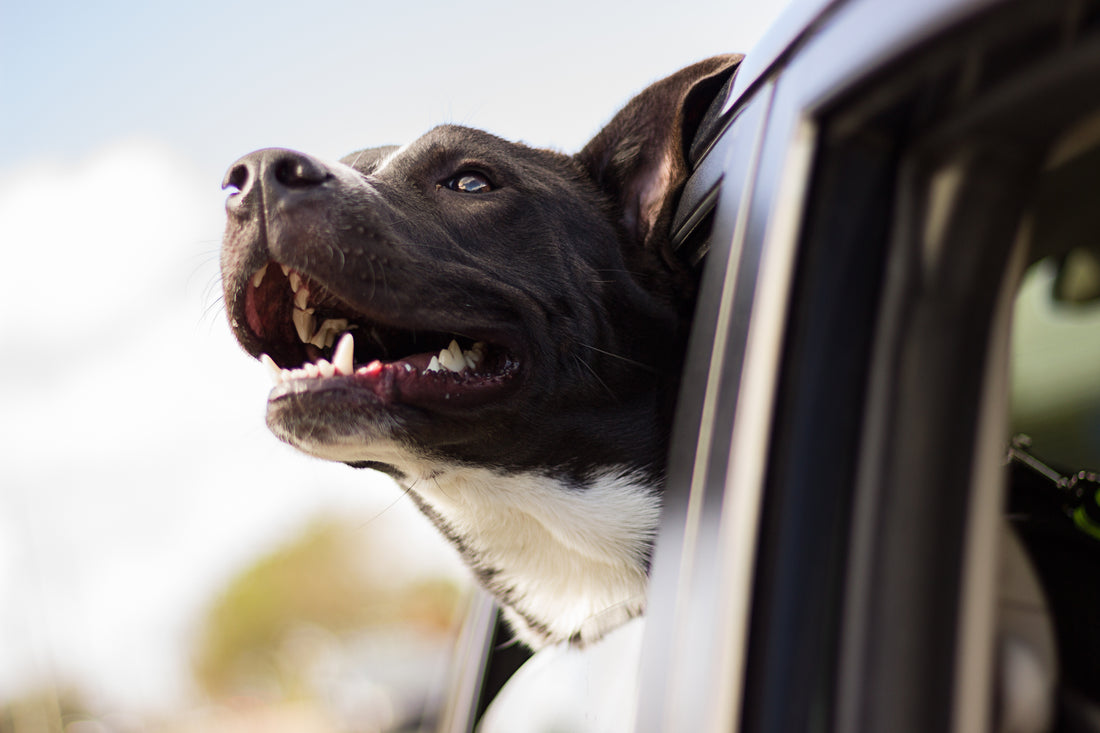Ever wonder what happened to your dog’s sweet puppy breath? Here are some causes of bad dog breath and tips to prevent them.
Dental Diseases
Sometimes, your dog’s bad breath is just part of growing up. As dogs are exposed to food beyond their mother’s milk, they can develop bacteria, plaque, and tartar over time. Proper and consistent cleaning prevent build up, but owners should still look out for signs of dental disease. Red, inflamed gums can be a sign of periodontal disease. Gingivitis is reversible with thorough cleanings and tooth scaling from professionals, but Stomatitis is much harder to treat and comes with a larger onset of symptoms such as loss of appetite, increased drooling, and a larger surface area of inflammation. Along with causing bad breath, these diseases are also painful for your dog. If severe enough, your veterinarian may suggest a cleaning under anaesthesia.
Gut-related issues
If your dog has clean teeth, but their mouth still has a funky odor, it could be coming from their gastrointestinal (GI) tract. Frequent indigestion or imbalances in the gut are potential causes of bad breath. To keep the gut’s microbiome happy and healthy, try introducing prebiotics and probiotics for dogs to their diet. Kefir, yogurt, and digestive supplements for dogs are ways of adding good bacteria to your pup’s daily intake.
Try: Natural Pet BIO3 Pre & Pro Powder (Flavour Free) 2G Sachet 10's
Underlying causes
If regular teeth cleaning and slight changes in your dog’s nutrition don’t seem to help, it’s worth seeking a vet’s opinion if the bad breath persists or you notice symptoms beyond odor. Your dog’s breath could also be a sign of diabetes or diseases from the kidney, liver, or GI tract. Bad breath may be something you want to mask quickly but taking some time to get to the root of the problem is something your dog (and your nose) will thank you for.
Image: Andrew Pons from StockSnap.io

